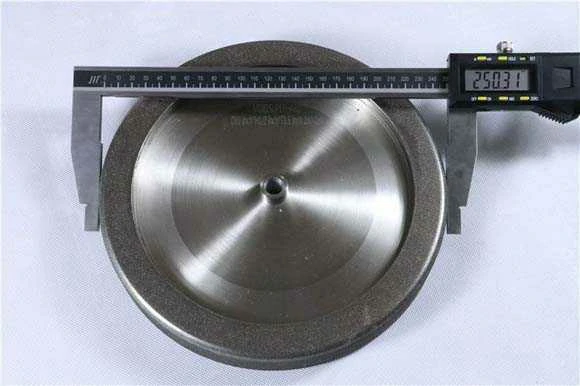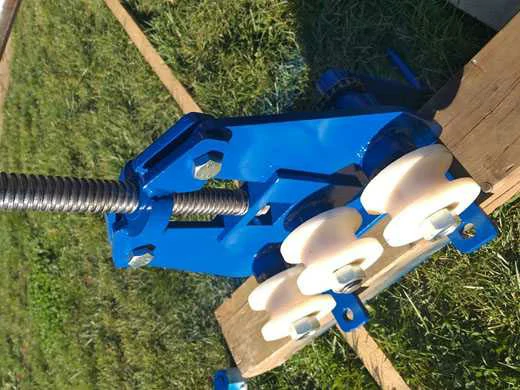What grinding wheel is used for alloy drill bits
Alloy drill bits, also known as carbide drill bits, are widely used in various industries due to their exceptional hardness and durability. To maintain their cutting performance and extend their lifespan, it is essential to properly sharpen and maintain alloy drill bits. One crucial aspect of this process is choosing the right grinding wheel.
When it comes to grinding wheels, there are various options available, each designed for specific materials and applications. For alloy drill bits, a diamond grinding wheel is commonly used. Diamond is the hardest known material, making it ideal for grinding hard materials like carbide.
Diamond grinding wheels consist of diamond grains embedded in a metal matrix. The size, concentration, and shape of the diamond particles, as well as the type of metal matrix, all play a crucial role in determining the performance of the grinding wheel. For alloy drill bits, a fine-grit diamond grinding wheel with a medium concentration of diamond particles is typically recommended.
The fine grit size ensures a smoother cutting surface and minimizes the risk of chipping or damaging the drill bit during sharpening. It allows for precise shaping and contouring of the cutting edges, ensuring optimal cutting performance. On the other hand, a medium concentration of diamond particles strikes a balance between material removal rate and surface finish.
In addition to grit size and particle concentration, the shape of the diamond particles also affects the grinding process. The most common shapes include cylindrical, flat, and spherical. For alloy drill bits, cylindrical-shaped diamond particles are often preferred. They offer excellent sharpness and help maintain the necessary clearance angle on the cutting edges.
Apart from the diamond particles, the metal matrix that holds them together is also important. Common choices for the matrix material include nickel, cobalt, bronze, and resin. Nickel and cobalt are often used when grinding hard materials like carbide. Bronze and resin are suitable for softer materials. Resin bonds are preferred for their excellent heat resistance and ability to provide a fine surface finish.
When selecting a grinding wheel for alloy drill bits, it is essential to consider not only the wheel’s composition but also its size and hardness. The size of the wheel should match the diameter and thickness of the drill bits, ensuring proper contact during grinding. The hardness of the wheel should be compatible with the hardness of the drill bit material. If the wheel is too soft, it may wear out quickly, while a wheel that is too hard may cause excessive heat generation and damage the drill bit.
Proper maintenance and care of alloy drill bits are crucial for their performance and longevity. Regularly inspecting the drill bits for wear and sharpening them using the appropriate grinding wheel can help optimize their cutting efficiency. This ensures that the drill bits continue to deliver precise and clean holes, resulting in enhanced productivity and cost savings.
In conclusion, when it comes to grinding wheels for alloy drill bits, a fine-grit diamond wheel with a medium concentration of diamond particles is recommended. The choice of wheel composition, size, and hardness should be based on the specific needs of the drill bit material. By selecting the right grinding wheel and properly maintaining alloy drill bits, their cutting performance can be maximized, leading to improved productivity and longer tool life.
.webp)


